Could spending more time outdoors make your child happier and healthier? Journalist and author Richard Louv argues that people, especially children, need to spend less time indoors and more time in nature. Our modern lives mean less exposure to natural settings, and it's taking a toll on kids. In the last 20 years, research is backing up this hypothesis, showing that spending time in nature can improve your mood, focus, and more.
How much time should kids spend playing outside? What are the health benefits it offers? Read on to learn what the research is showing about nature deficit disorder.
What is Nature Deficit Disorder?
Richard Louv coined "Nature Deficit Disorder" in his 2005 book, Last Child in the Woods: Saving Our Children from Nature-Deficit Disorder. The umbrella term refers to the negative impacts of not spending enough time enjoying the outdoors. Louv explains that when children spend too much time indoors, they become alienated from nature. He believes this impacts children's emotional wellbeing and even their attention span.
Since Louv made the phrase popular, researchers have been studying what happens when people, especially children, spend time in the natural world. It turns out that playing outdoors is essential for children's health and wellbeing.
Modern Lifestyles and Outside Time
Recent data shows that Americans spend 90% of their time indoors. Additionally, children spend more and more screen time than in the past. At 12 months of age, children spend an average of 53 minutes watching screens while school-aged children spend about 5.5 hours a day using screens. An uptick in screen time correlates with less time playing outside.
Ten years ago, in 2015, children were already spending 50% less time outdoors than in the previous 20 years. One report found that children spend as little as 40 minutes per week outdoors. These troubling trends are impacting children's well-being.
Why is Outside Time Essential for Kids?
Is nature deficiency a real phenomenon? Similar to a vitamin deficiency, a lack of time in the natural environment may have negative impacts on health.
Some pediatricians have even started prescribing "outdoor activity" for some children. Why? Researchers are connecting the dots between kids playing outside and many positive health outcomes.

4 Benefits of Kids Playing Outside
Research shows that young children and adults alike benefit from activities outdoors such as hiking, gardening, or simply playing. Here's what parents should know about the importance of playing outside.
1. Improved Mental Health
One main benefit of spending time outdoors is better mental health. The Japanese practice of shinrin-yoku or "forest bathing" is one popular example. Studies show that spending time in the forest reduces cortisol, a stress hormone. Plus, forest therapy can reduce depression.
The above studies focus on adults, what about specific benefits for children?
Anxiety
According to Children and Nature, engaging with nature reduces anxiety and stress in children. A report produced by students of the Yale School of Environment and Duke's Department of Psychology & Neuroscience also found that spending time in green spaces reduces symptoms of anxiety like rumination.
ADHD
Playing outside can also boost attention spans and help minimize symptoms of children with ADHD. Specifically, spending time in greener outdoor spaces seems to help.
Experts explain that spending time in green spaces helps children relieve fatigue related to task-based attention. Instead, they can use a different kind of attention, called fascination, in the green space around them.
2. Better Eye Health
Playing outside and children's eye health are closely linked. A growing number of children are being diagnosed with myopia, or short-sightedness. Optometrists believe that major causes of myopia include spending too much time indoors and too much screen time.
Want to learn more about childhood myopia? See insights from our chat with optometrist, Dr. Gaan.
3. Exercise and Physical Activity
Playing outside can also improve your child's physical health. Usually, when children are outside, they are active. Exercise offers children many lifelong benefits.
Michigan State University explains that "Regular active outdoor play has also been shown to lower the risk of childhood obesity and Type II diabetes."
4. Stronger Immune System
One other benefit is your child's immune system. Research shows that exposure to friendly bacteria and microbes in dirt can help build and train your child's immune system. For example, children who grow up on farms or have pets in their home are less likely to have allergies.
Playing in dirt may also reduce inflammation and even improve your child's mood.
Tips for Boosting Outdoor Time
Boosting your child's outdoor time is easy when you make it a part of your routine. Something as simple as eating a meal outdoors or doing homework in the yard can bring benefits.
One question you might have is, how much outdoor time does your child need? While more is better, pediatrician Robert Zarr told WebMD that he prescribes 20 minutes of outdoor time 3 times a week.
Some other ways to boost outdoor time include:
- Prioritize time outdoors as a family on the weekends. Consider taking a walk in your neighborhood or spending some time in a local park.
- Grow potted plants like herbs on your windowsill and invite your child to help care for them. House plants bring similar benefits to spending time outdoors.
- Join a local club or sport that meets outdoors.
- When possible, walk instead of driving to daycare, school, the library, etc.
- Purchase weather-appropriate clothing so your child can enjoy outdoor time in the rain and cold.
- When choosing your child's school or daycare, ensure outdoor spaces are available.
- Take hobbies and playtime outdoors. For example, you can put a play mat down in the yard for tummy time or reading books.
- You can also take the Pikler Triangle outside for outdoor climbing.
Bring Your Child the Benefits of Outdoor Play and Avoid Nature Deficit Disorder
Nature deficit disorder is a real phenomenon. Fortunately, adding a bit of outdoor time to your child's routine can benefit their physical and emotional health. Plus, it will likely boost your mood and health, too!
How do you incorporate outdoor play in your child's life? Let us know in the comments below. We'd love to hear from you.
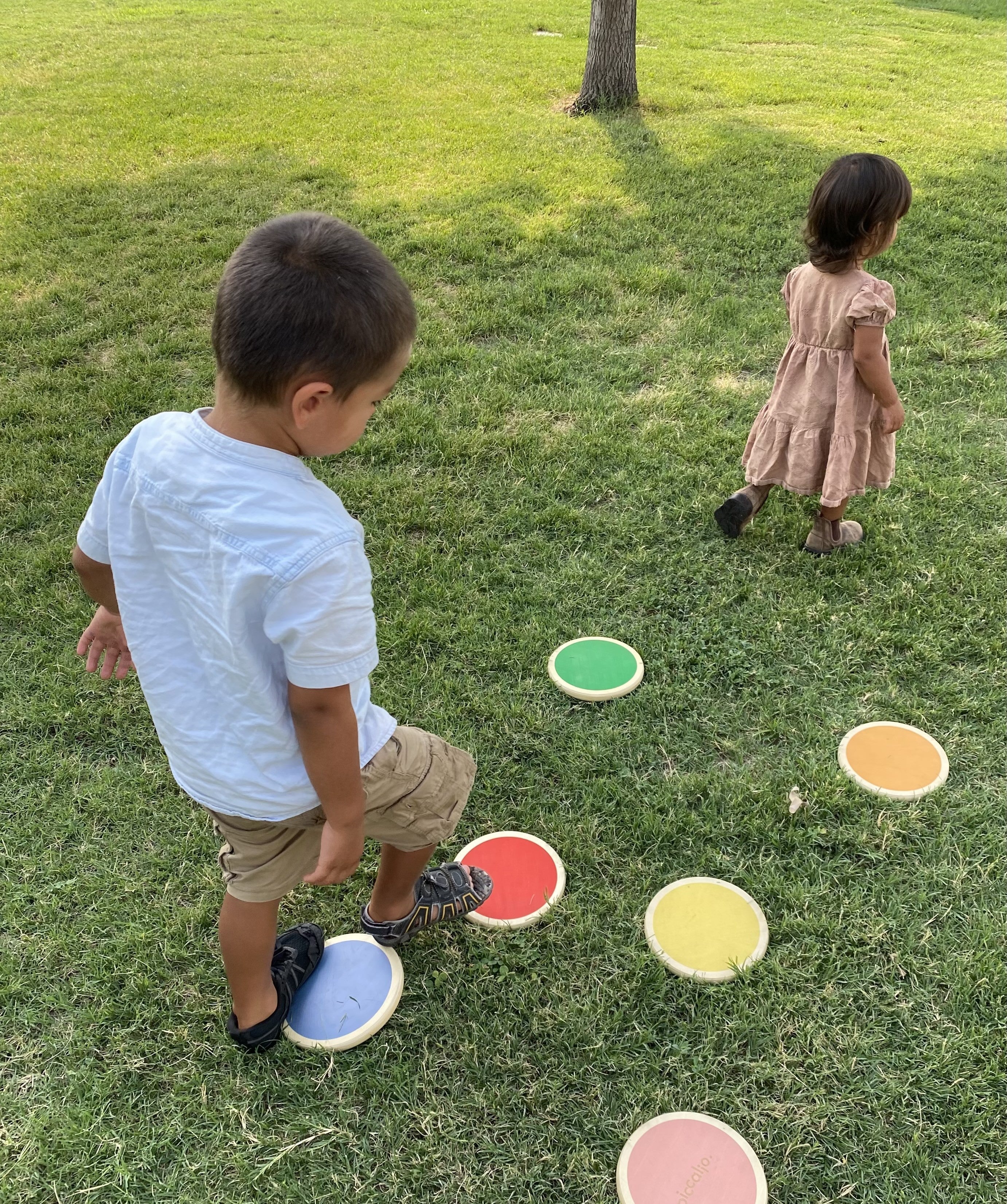

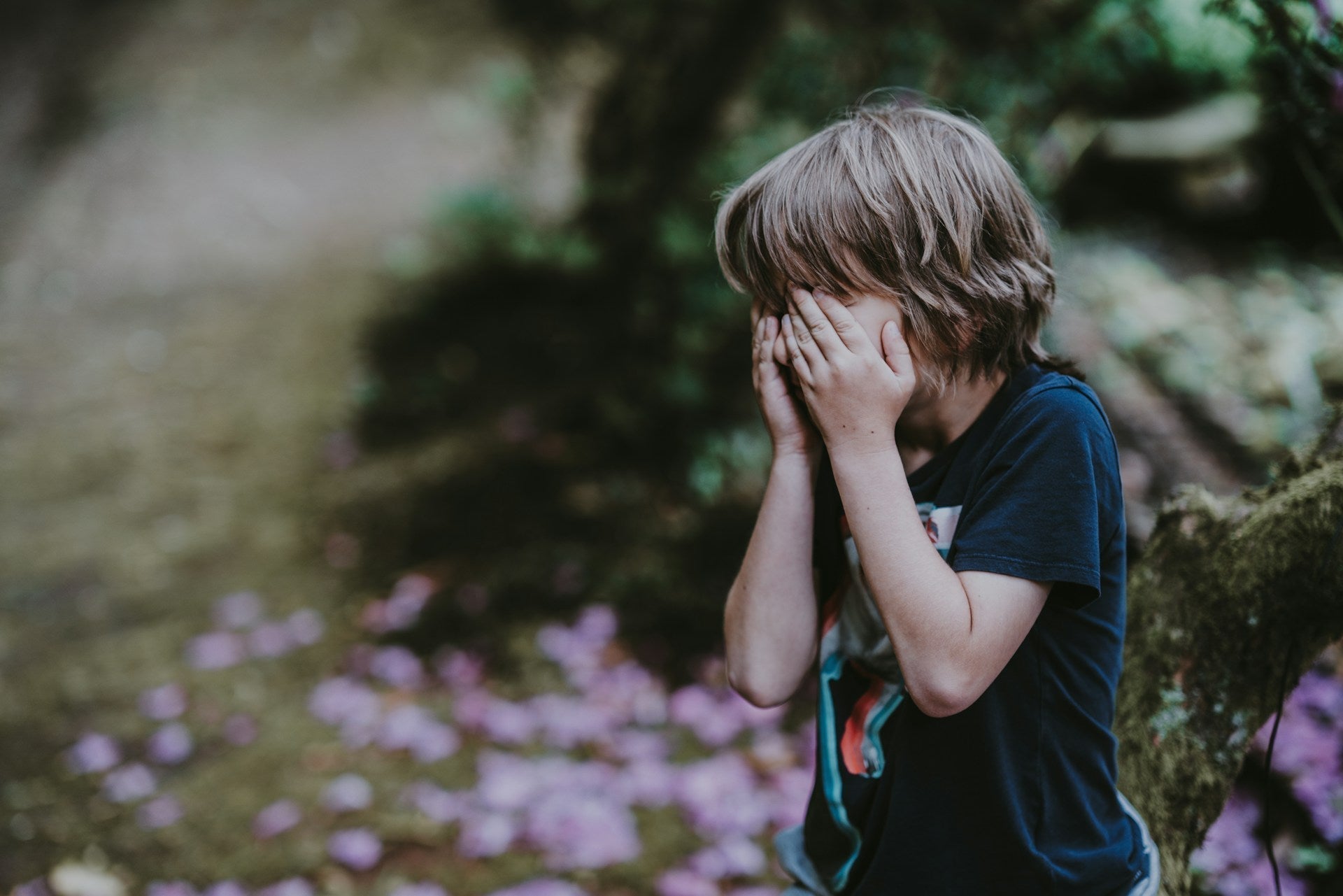
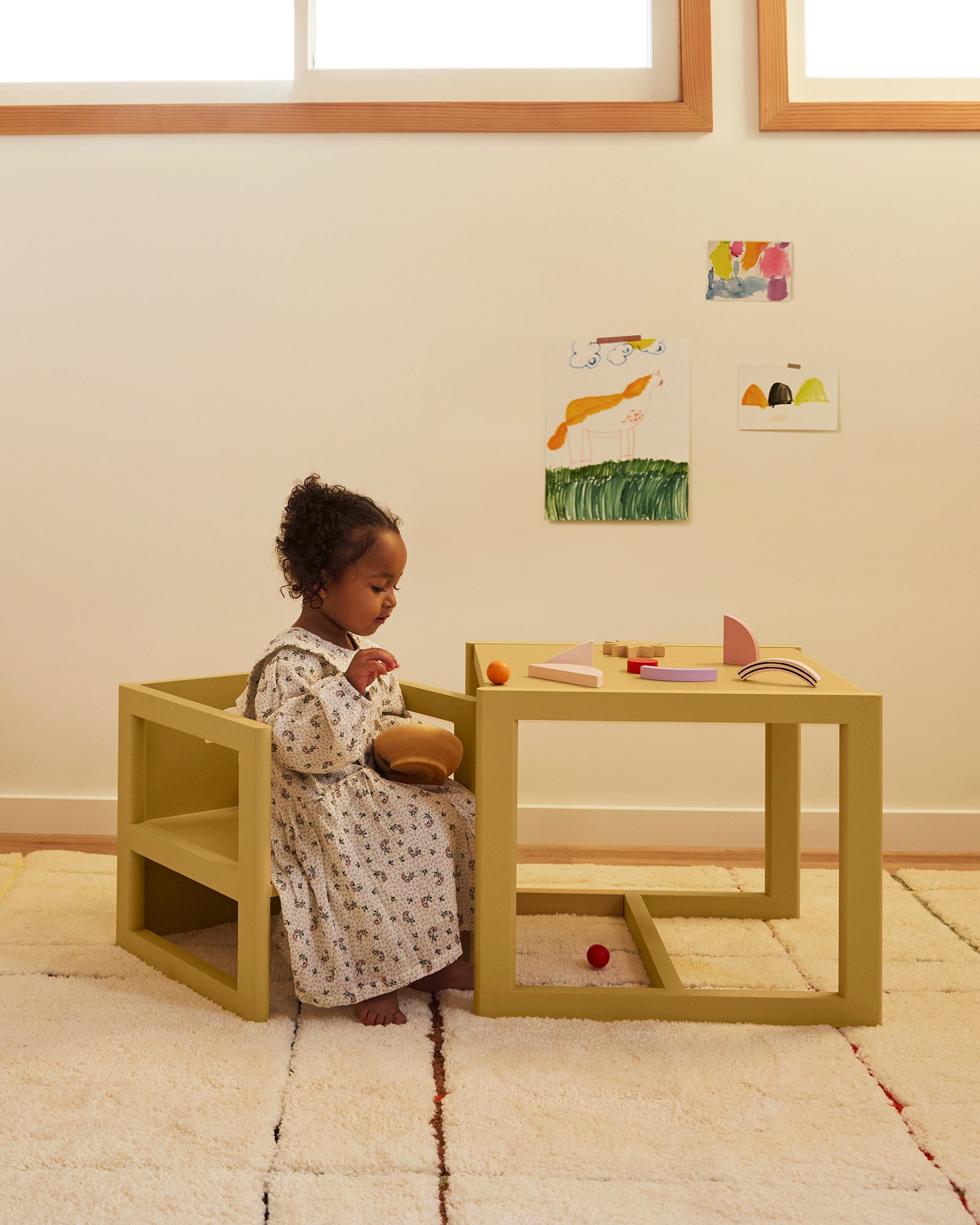
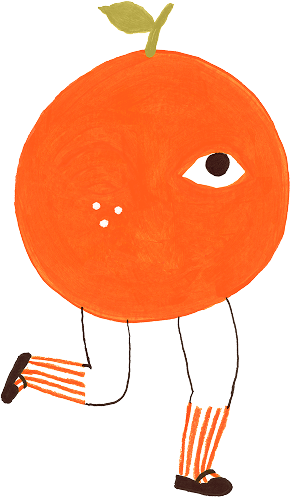
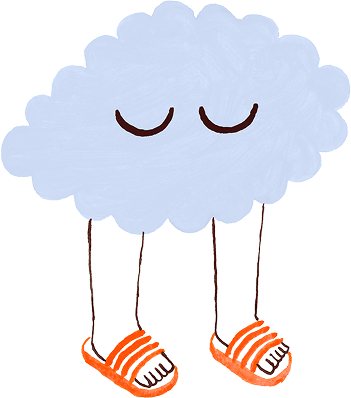
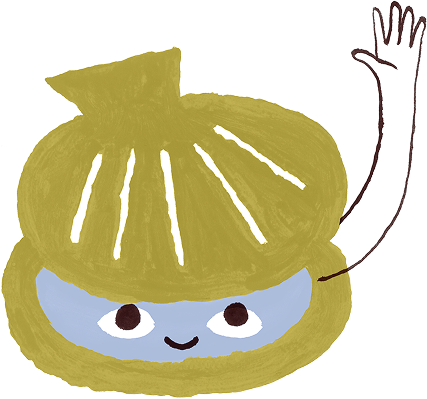
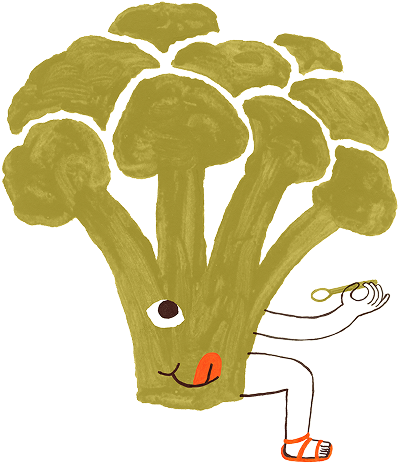
Leave a comment
This site is protected by hCaptcha and the hCaptcha Privacy Policy and Terms of Service apply.